Cousins is a curious novel. If I’d been a publisher’s reader, I’d have consigned it to the rejection pile after reading the first quarter. It seems to be a dreary saga about three generations of the Tye family. The background is of an intellectual, comfortably off, left-wing family from a milieu in which Polly Toynbee would be happy. Grandpa was a Cambridge-educated conscientious objector during the second world war. The characters fail to interest. It all seems to have been said before.
Then suddenly the plot develops and the narrative pace accelerates. Perseverance is rewarded. Mysteries unfold, complex moral issues are explored, some left hanging for the reader to decide on later, and many aperçus about the way we live now are there for us to ponder. Respice finem. Just in time the publisher’s reader hesitates and rescues the novel from oblivion.
Cousins is full of doubles. Two cousins marry in the first generation, and then in the third Will Tye and his cousin Cele are in a relationship that is the pivot of the book. Two people fall while climbing on the roof of King’s, Cambridge, at night. Second generation Nat or ‘Jack’ Tye falls and is killed; third generation Will similarly falls and is so badly injured he can only communicate by blinking. After Will’s accident (‘If you fall you still have three seconds to live’), the effect on family relationships is dramatic and often perverse. The fallout is severe on Betsy, old Granny Tye, and leaves her listening to the voice of St Cuthbert in her head. Maybe interrelation marriages do lead to madness.
The twists and turns in the second half of the book are frightening and ingenious. The tired old formula of family history turns surprisingly into a gripping police procedural; and it is elaborately done. Salley Vickers’s style is crafted and literary. There are references to Austen, Wilde and Shakespeare, and Grandpa is occupied in translating Virgil. Granddaughter Hetta cannot stand Tristram Shandy, while her friend Marion regards it as a ‘desert island book’.
The climax is a huge moral dilemma that has to be solved. It is, but we wonder if more than one character has suffered inbred schizophrenia. As it progresses, Cousins proves Hetta’s remark, made in a Cambridge hospital car park, about the laughter of ducks which seems to say: ‘You think you know everything, you human fools, but you know fuck all.’
The post Double trouble appeared first on The Spectator.
Got something to add? Join the discussion and comment below.
Get 10 issues for just $10
Subscribe to The Spectator Australia today for the next 10 magazine issues, plus full online access, for just $10.
You might disagree with half of it, but you’ll enjoy reading all of it. Try your first month for free, then just $2 a week for the remainder of your first year.


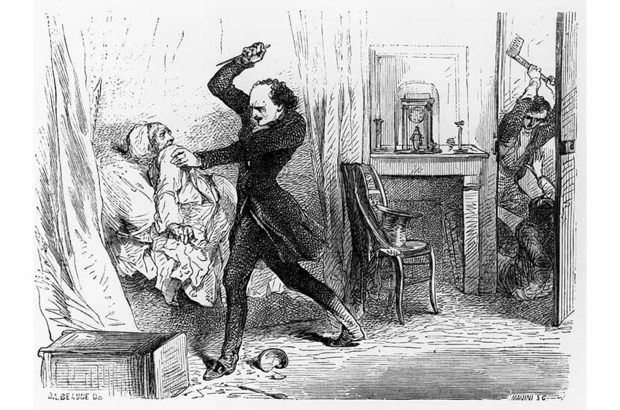
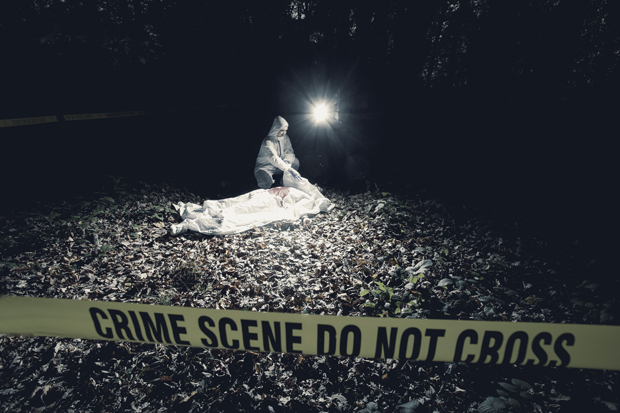
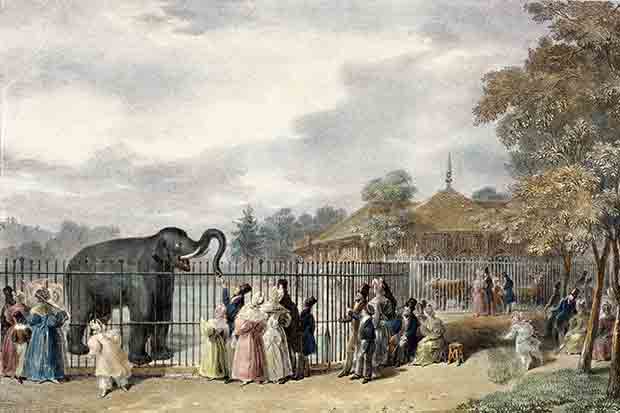
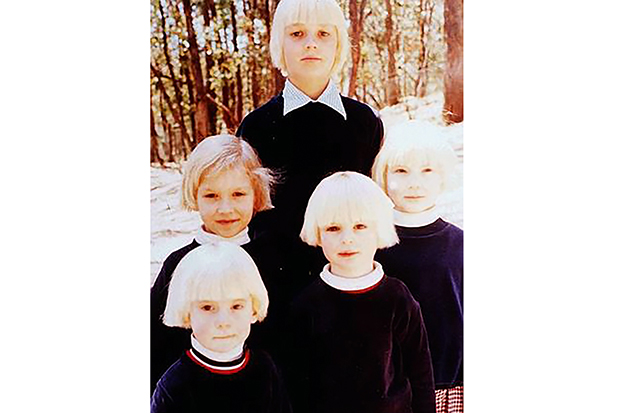

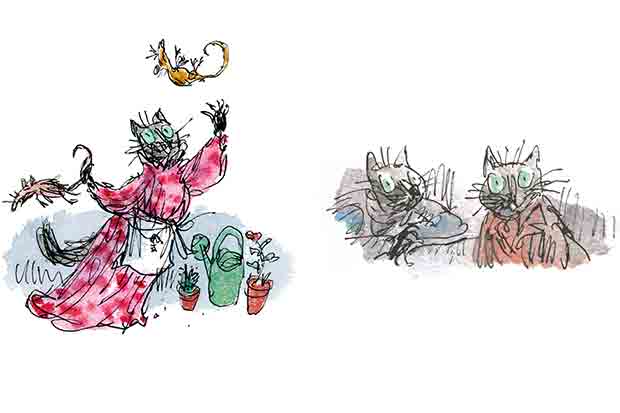






Comments
Don't miss out
Join the conversation with other Spectator Australia readers. Subscribe to leave a comment.
SUBSCRIBEAlready a subscriber? Log in